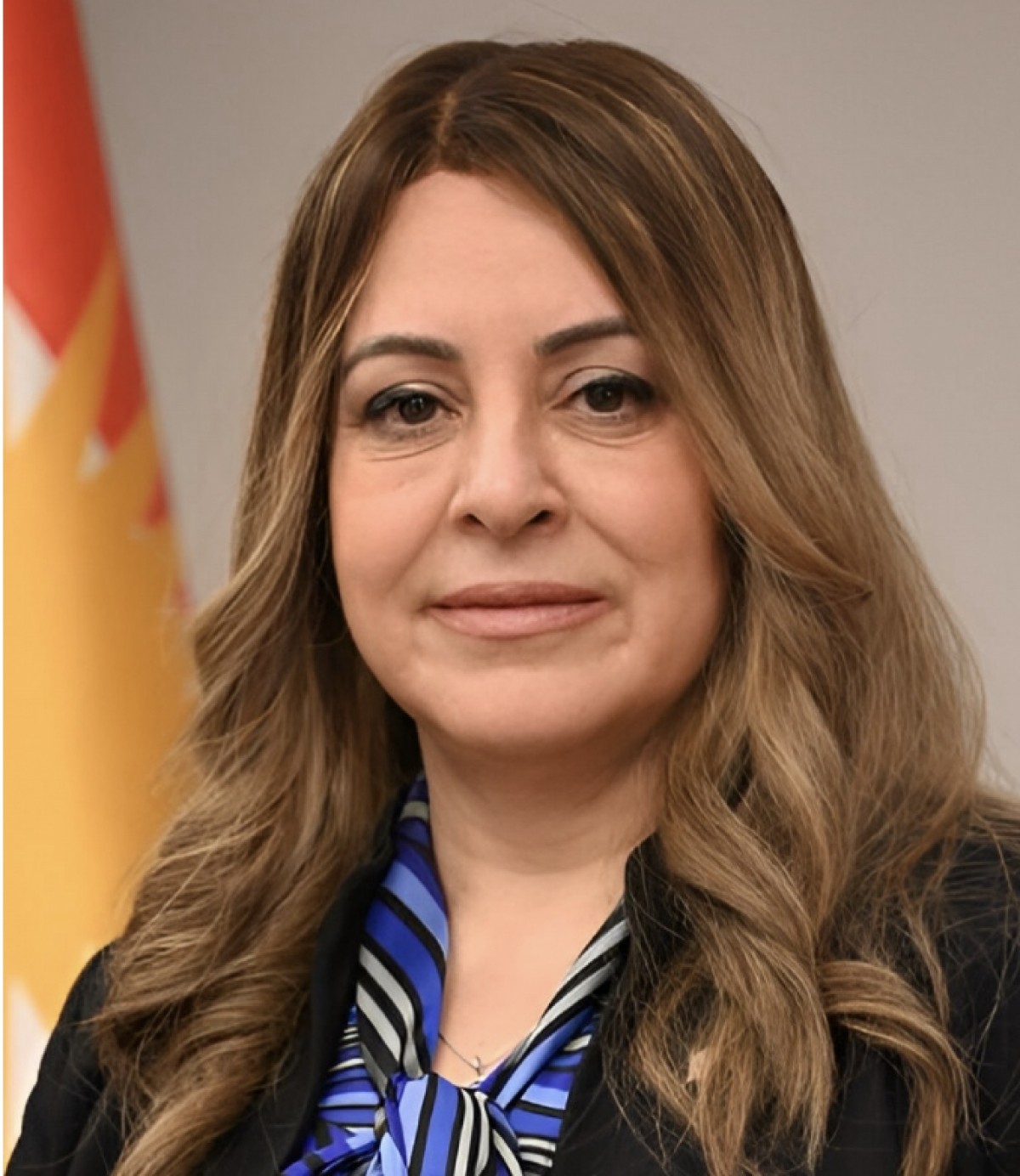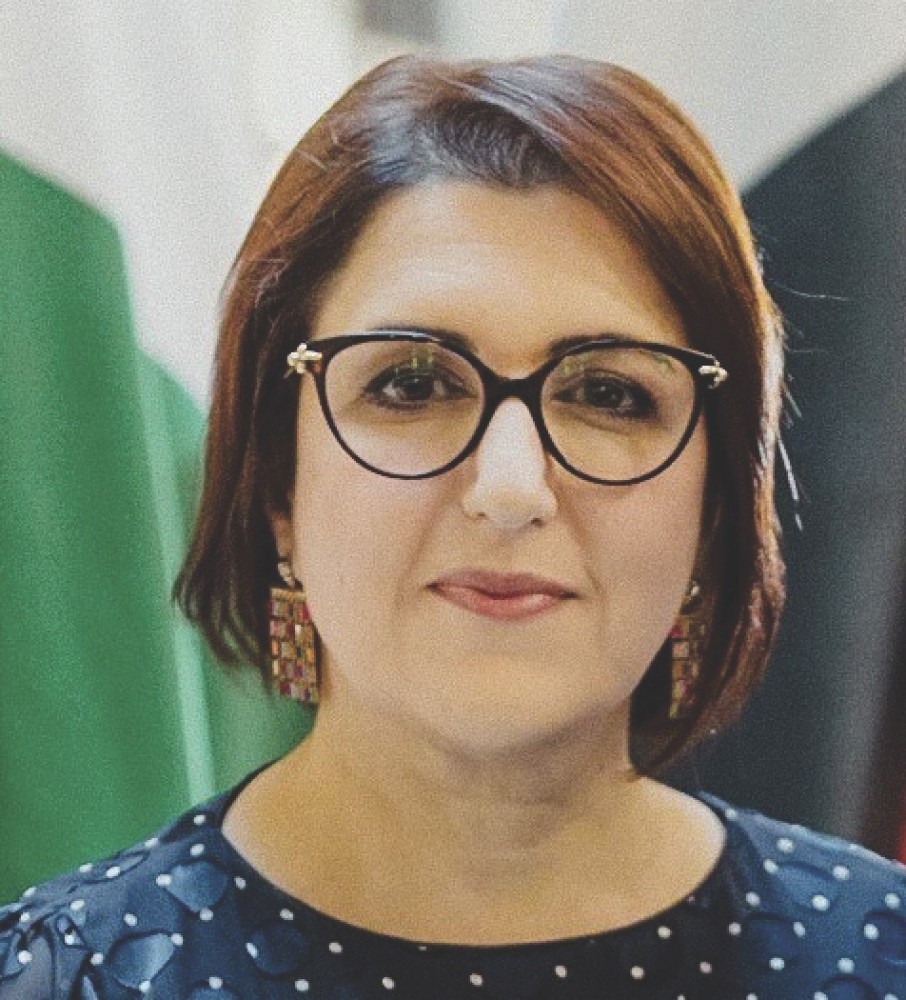The BBC’s recently released documentary Secrets of the Neanderthals on Netflix has once again brought Kurdistan and its rich history to the international stage. Meticulously crafted, it reminds the world that not only humankind, but also prehistoric life has deep roots in this part of the world. The documentary and its scientific findings narrate a story from 75,000 years ago about the Neanderthals who lived in Shanidar Cave, subsisting on a diet of animals and plants from their surroundings.
In the present issue of Kurdistan Chronicle, several pressing issues related to politics, economy, culture, and the arts are tackled alongside this groundbreaking documentary. These stories prove that life continues to evolve in this region despite the many challenges and repeated hardships its people face. Foreign observers are quick to note the special potential of the Kurdistan Region. South Korea’s Consul General in Erbil Seungcheol Lim praised the Kurdistan Region not only for its scenic landscapes and rich history, but also its enormous human capacity. Likewise, India’s Consul General in Erbil Madan Gopal commended the Kurdish people for their talent, noting that his country is ready to help Kurdistan with capacity-building efforts. Expressing astonishment at the majestic Newroz celebrations last March in Akre, Canada’s Ambassador to Iraq Kathy Bunka stated that she is planning to invite her brother to carry a torch alongside over 2,000 people marching to the summit of Mount Akre next year.
Similar to its prominent role in shaping the history of the Middle East, the Kurdistan Region is now playing a key role in regional diplomacy. From this perspective, the Kurdistan Region has always worked to be a factor of stability in the region and to refrain from any provocative action that would fan the flames of violence and tension. A recent visit by Kurdistan Regional Government (KRG) President Nechervan Barzani to Tehran carried the same message of tolerance and peaceful coexistence. Meanwhile, KRG Prime Minister Masrour Barzani’s recent efforts to resolve outstanding oil and budgetary issues with Baghdad reflected the same spirit of finding a solution that puts public wealth in service of the public interest.
With looming food and energy challenges facing the international community, the Kurdistan Region has emerged as a potential supplier that is more than willing to extend a helping hand and address possible shortages. On multiple occasions, Kurdish leaders have reiterated their willingness to play the role of the region’s food basket and help bring stability to international energy markets.
Finally, in this edition of Kurdistan Chronicle, we shed light on the longstanding culture of tolerance and peaceful coexistence between different religious and ethnic components of society in the Kurdistan Region, such as the contribution of Christians to the Kurdish struggle for freedom and the impactful sacrifices they have made. Meanwhile, a story about Ibrahim Kievo tells us how the Armenians have utilized art and music to keep Kurdish culture alive. As we keep the rich cultural aspects of a pluralistic Kurdistan in focus, this issue also presents untold stories of Kurdish poets, painters, and musicians that have spent their professional lives helping their frequently denied identities to flourish.

